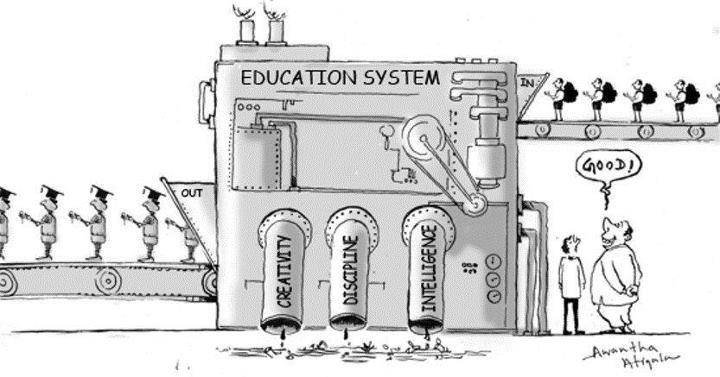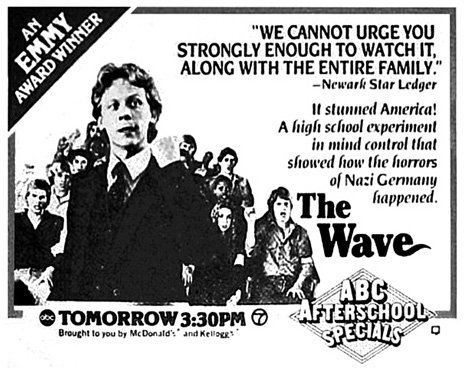Who Schools Really Serve: The Hidden Purpose of the Education System
By Thomas Salem Moore
Public education is often celebrated as one of society’s greatest achievements — a system designed to educate, uplift, and equalize opportunity. But a closer look at its history and structure suggests that our compulsory school system may have been designed less to empower individuals and more to serve the interests of those in power.
The Birth of Compulsory Schooling
Compulsory education in the 19th century was not primarily a grassroots demand from parents or children. Industrialists, politicians, and social reformers sought order, productivity, and conformity. Figures like Horace Mann admired the Prussian education model, which emphasized obedience, punctuality, and respect for authority — traits highly valued by governments and factory owners alike.
The timing was no accident. The Industrial Revolution required disciplined, trainable laborers who could thrive in regimented work environments. Schools became the training ground for this new social order, teaching students how to follow instructions rather than how to think independently.
Who Truly Benefits from the Curriculum
The modern curriculum reflects this historical bias. Students spend years learning to follow rules, meet deadlines, and perform well under supervision. These skills are essential for employers, but they don’t equip individuals to navigate life independently.
Meanwhile, crucial skills like financial literacy, entrepreneurship, and wealth-building are almost completely absent. Graduates can pass tests, but few know how to start a business, manage debt, or invest effectively. In this way, the education system benefits the broader economic and political system more than the individual.
Why Financial Education Is Missing
Understanding money, taxes, and credit is power. If citizens truly mastered these concepts, they would be less dependent on institutions and more capable of independent economic action. Instead, schools teach students to earn money but not to understand it, producing compliant participants in the economy rather than empowered creators of wealth.
The Psychology of Schooling
Beyond what is taught, the school system conditions students to accept hierarchy. Authority resides with teachers, principals, and administrators, and questioning that authority is discouraged. By adulthood, many have internalized a worldview where following rules and seeking permission is normal, making risk-taking and entrepreneurship less likely.
Rethinking Education for the 21st Century
True education should focus on empowering humans, not producing workers. A curriculum that equips students for life would include:
-
Financial literacy and understanding of taxes, credit, and investments
-
Entrepreneurial skills and business-building knowledge
-
Critical thinking, problem-solving, and independent inquiry
-
Collaboration, creativity, and self-directed learning
Until education shifts from conformity to capability, it will continue to serve the system more than the people within it.
Conclusion
Education can be a tool for liberation, but only if it equips individuals with the skills to think, act, and create independently. As long as schools emphasize obedience over independence and standardized outputs over personal empowerment, they will serve employers, institutions, and bureaucracies more than the students themselves.




